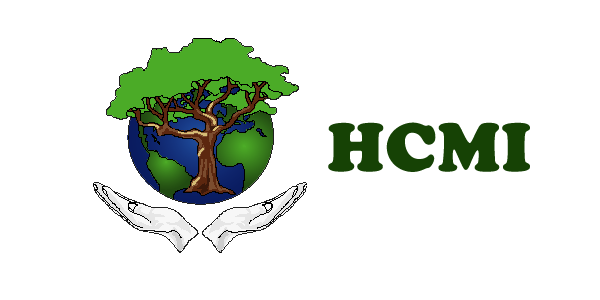 Streptococci are part of the normal environment of the mouth, skin, intestine, and upper respiratory tract of humans. Streptococci are even a necessary ingredient in Swiss cheese. Some species are pathogenic which means they cause infection. The most common ones are:
Streptococci are part of the normal environment of the mouth, skin, intestine, and upper respiratory tract of humans. Streptococci are even a necessary ingredient in Swiss cheese. Some species are pathogenic which means they cause infection. The most common ones are:
- Streptococcal pharyngitis (strep throat)
- Impetigo (infection of the skin)
- Rheumatic fever (inflammation of the heart and joints)
- Scarlet fever (skin rash)
Severe, sometimes life-threatening disease may occur when bacteria get into parts of the body where it is usually not found, such as the blood, muscle, or the lungs. Certain Streptococcus species are responsible for many cases of meningitis, bacterial pneumonia, endocarditis, glomerulonephritis, erysipelas and necrotizing fasciitis (the 'flesh-eating' bacterial infections).
These bacteria are spread through direct contact with mucus from the nose or throat of people who are infected or through contact with infected wounds or sores on the skin. Infected persons who have strep throat or skin infections are most likely to spread the infection. Persons who carry the bacteria but have no symptoms are much less contagious.
In the medical setting, Strep species are divided into groups; "Group A strep" and "Group B strep". This is important when viewing infections through the eyes of antibiotic chemicals, but our Quantum Remedy for Strep covers all strains and all groups safely and effectively.
This Quantum Formula antidotes the various species in the Streptococcus genus as well as lipoteichoic acid, fibronectin binding protein, fimbriae, M protein and heart myosin.
